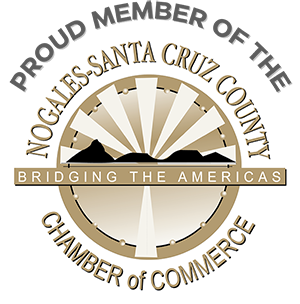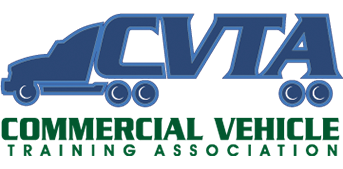In the bustling world of trucking, drivers, companies, and other industry professionals must have a clear understanding of trucking regulations. These regulations are set by the Department of Transportation (DOT) and for trucking companies, are further enforced by the Federal Motor Carrier Safety Administration (FMCSA). DOT and FMCSA regulations are implemented to ensure road safety, protect the environment, and maintain fair and ethical business practices.
Importance of Trucking Regulations
Trucking regulations are vital in maintaining order and safety within the industry. These regulations cover many areas, including driver qualifications, drugs and alcohol testing, hours of service, vehicle maintenance, hazardous materials transportation, and more. By adhering to DOT laws and federal regulations, trucking professionals can help prevent accidents, protect the environment, and ensure fair competition within the trucking industry.
Key Trucking Regulations
Understanding trucking regulations is essential for all professionals in the industry. Here are a few of the key areas to focus on:
- Hours of Service (HOS): The HOS regulations are designed to prevent driver fatigue by limiting the number of hours a driver can operate a commercial motor vehicle. Drivers need to understand the specific HOS rules and take necessary rest breaks to comply with these regulations.
- Commercial Driver’s License (CDL) Requirements: Truck drivers must obtain a CDL to operate commercial vehicles. Different classes of CDL are available, and drivers must meet specific qualifications and testing requirements to obtain and maintain their CDL.
- Vehicle Maintenance and Inspections: Regular vehicle maintenance and inspections are essential to ensure that commercial vehicles operate safely on the roads. Trucking professionals should be familiar with the specific maintenance and inspection requirements outlined in the regulations.
- Hazardous Materials Transportation: Transporting hazardous materials requires strict adherence to regulations to prevent environmental damage and protect public safety. Drivers and carriers must understand the requirements for handling and transporting hazardous materials.
Resources for Staying Compliant
Staying informed about trucking regulations is an ongoing process. Fortunately, there are numerous resources available to help trucking professionals remain compliant. One is the Federal Motor Carrier Safety Administration (FMCSA). The FMCSA website provides a wealth of information on trucking regulations, including guides, handbooks, and updates on rule changes.
Joining industry associations and organizations is another way to gain access to valuable resources and networking opportunities. These groups often offer training, seminars, and publications on regulatory compliance.
Trucking driving institutes such as HDS provide CDL training programs. These programs help new and experienced drivers gain knowledge, skills and confidence behind the wheel.
Best Practices for Compliance
In addition to understanding the regulations, there are several best practices that trucking professionals should follow to ensure compliance:
- Regular Training and Refreshers: Regular training and refresher courses can help drivers and carriers stay updated on regulatory changes and best practices.
- Document Management: Proper management of documents, such as logs, maintenance records, and certifications, is crucial for demonstrating compliance during inspections and audits.
- Communication and Transparency: Maintaining open communication with drivers, dispatchers, and other stakeholders can help ensure everyone is aware of and compliant with regulations.
- Proactive Safety Measures: Implementing proactive safety measures, such as regular vehicle inspections and safety training, can help prevent violations and accidents.
Training at HDS Truck Driving Institute will help you understand today’s trucking regulations.
Navigating the intricate web of trucking regulations is essential for the safety and success of the industry. By understanding the key regulations, accessing valuable resources, and following best practices, trucking professionals can ensure compliance and improve safety and efficiency within the industry.
Remember, staying informed and proactive is the key to thriving in the ever-evolving landscape of trucking regulations and HDS Truck Driving Institute will help.








